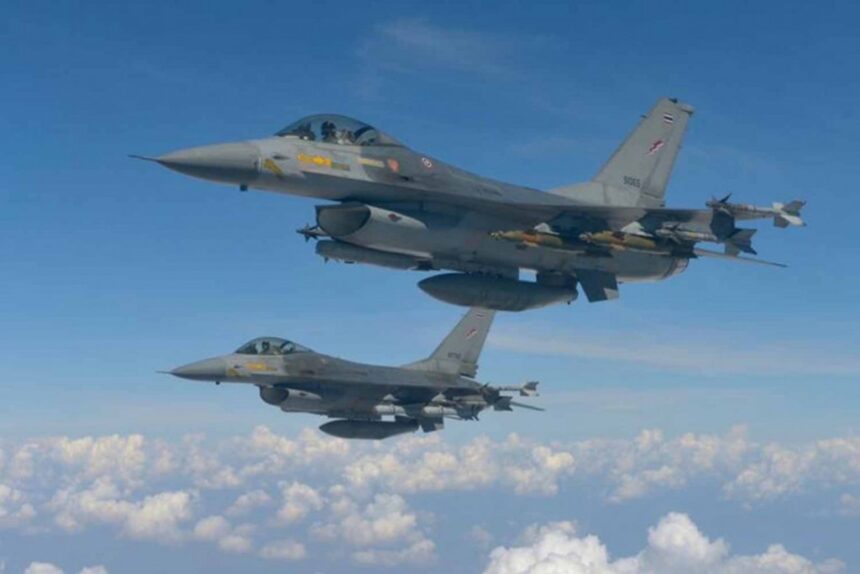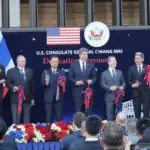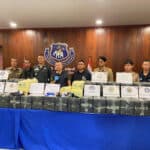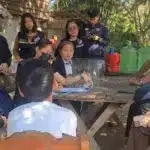BANGKOK – Hostilities have surged along the Thailand-Cambodia border following Thai F-16 airstrikes on Cambodian military sites on Thursday, July 24, 2025, according to statements from both governments.
Ongoing tension at the contested border led to fighting that has now claimed the lives of at least nine civilians, including a child.
Thailand’s military confirmed that out of six F-16 jets placed on alert near the disputed area, one fired on Cambodian territory, hitting what they described as a military position. Each side blamed the other for sparking Thursday’s violence.
“We used air power as planned against military posts,” said Richa Suksuwanon, a deputy spokesperson for the Thai army. Thailand later closed its border crossing with Cambodia.
Cambodia’s defence ministry reported that two bombs fell on a roadway and issued a statement condemning what it called “reckless and brutal military aggression” from Thailand and a breach of Cambodian sovereignty.
Diplomatic ties deteriorated quickly after Thailand recalled its ambassador late Wednesday and announced plans to expel Cambodia’s envoy. These moves followed an incident where a Thai soldier was injured by a landmine in the disputed zone, the second such injury in a week. Thailand accused Cambodia of recently laying these mines.
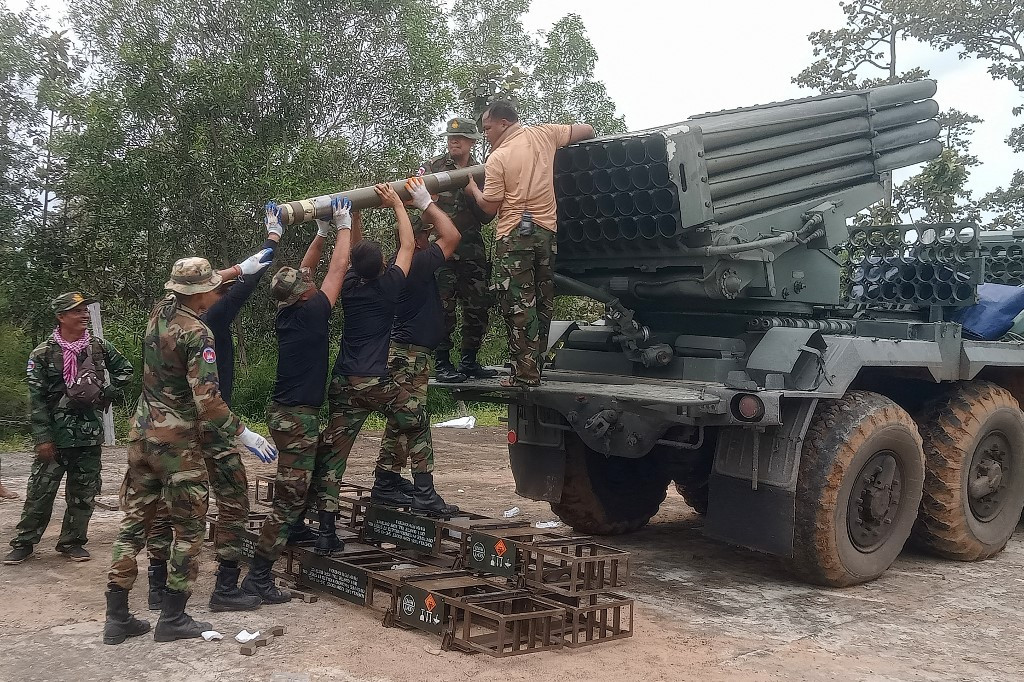
The Thai foreign ministry stated that Cambodian troops fired heavy artillery at a Thai military base on Thursday morning, targeting not just soldiers but also civilian sites like a hospital. This led to more civilian deaths.
“The Royal Thai Government will step up defensive measures if Cambodia continues cross-border attacks and infringes on Thai sovereignty,” officials said in a released statement.
Civilians took shelter in bunkers made of concrete, sandbags, and tyres in Thailand’s Surin province as fighting echoed in the background. Children, elderly residents, and families waited out the conflict, some describing “countless rounds” of gunfire to local reporters.
Cambodia’s foreign affairs officials described the Thai airstrikes as “unprovoked” and demanded that Thailand pull back its troops and avoid any new moves that might make things worse.
Thailand and Cambodia have fought over border areas for more than a century, with their 817-kilometre land boundary still not fully marked out. These disagreements have caused repeated outbreaks of fighting over the years, including a week of heavy shelling in 2011 that left more than a dozen people dead.
The current round of tension began in May after a Cambodian soldier died during a minor gunfight. This led to a worsening diplomatic standoff and now open combat.
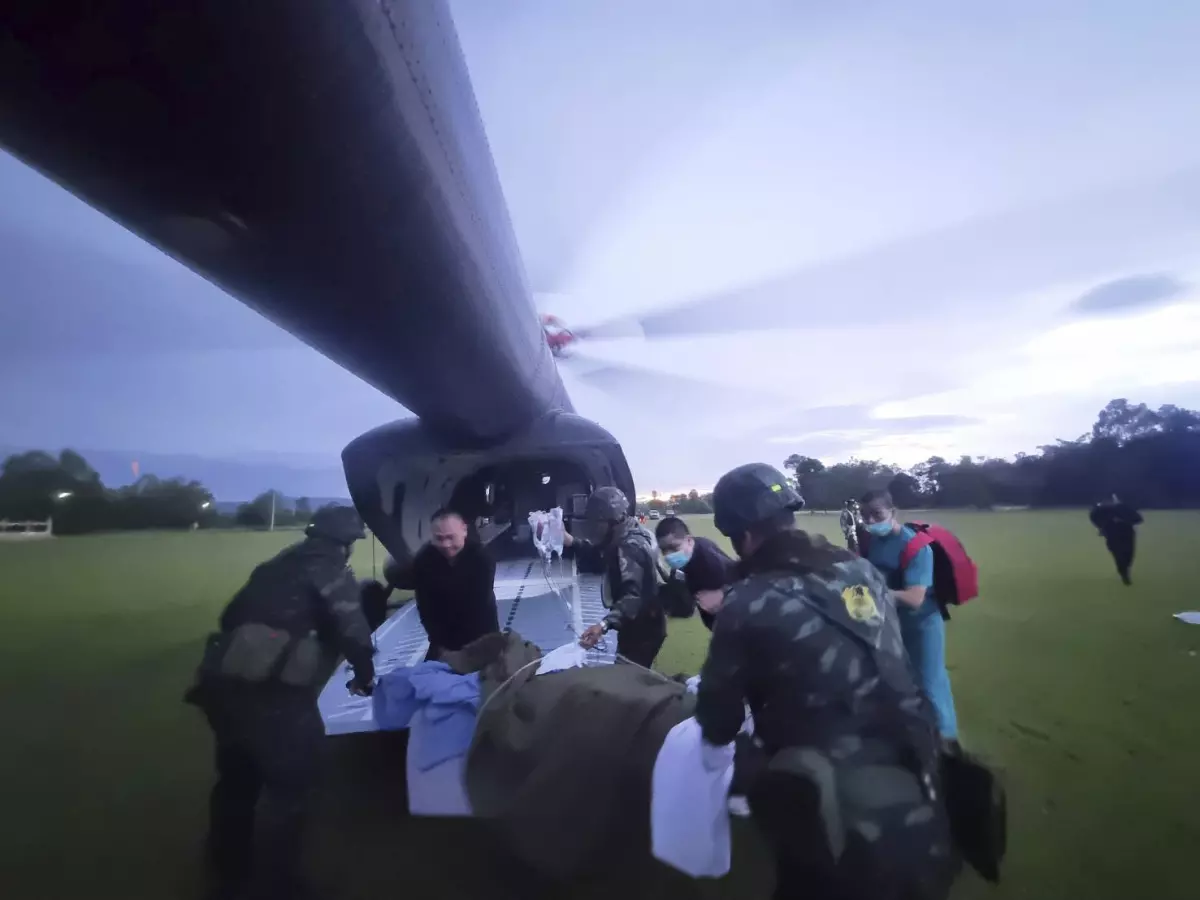
Thursday’s clashes started near the Ta Moan Thom temple, a flashpoint on the border about 360 kilometres east of Bangkok. Thailand’s military said violence in three different border provinces had killed nine people, among them an eight-year-old boy in Surin.
“Artillery hit people’s homes,” said Sutthirot Charoenthanasak, the district chief in Surin’s Kabcheing area. He said 40,000 people from 86 border villages were moved to safer spots. “Two have died here,” he added.
Footage from the neighbouring Sisaket province showed thick smoke from a burning gas station as firefighters worked on the scene. Six people died there, along with ten injured, according to military reports. Another fatality was reported in Ubon Ratchathani, also near the border.
Thailand’s army issued a statement denouncing Cambodia for attacks on civilians and saying Thailand would protect its territory and people from “inhumane action”.
Military sources said Cambodia used a surveillance drone before moving troops and heavy weapons close to Ta Moan Thom temple. Cambodian soldiers opened fire, wounding two Thais. The spokesperson noted that Cambodia had used multiple weapons, including rocket launchers.
Cambodia’s defence ministry, on the other hand, accused Thai troops of carrying out an unprovoked incursion, prompting Cambodian forces to defend themselves.
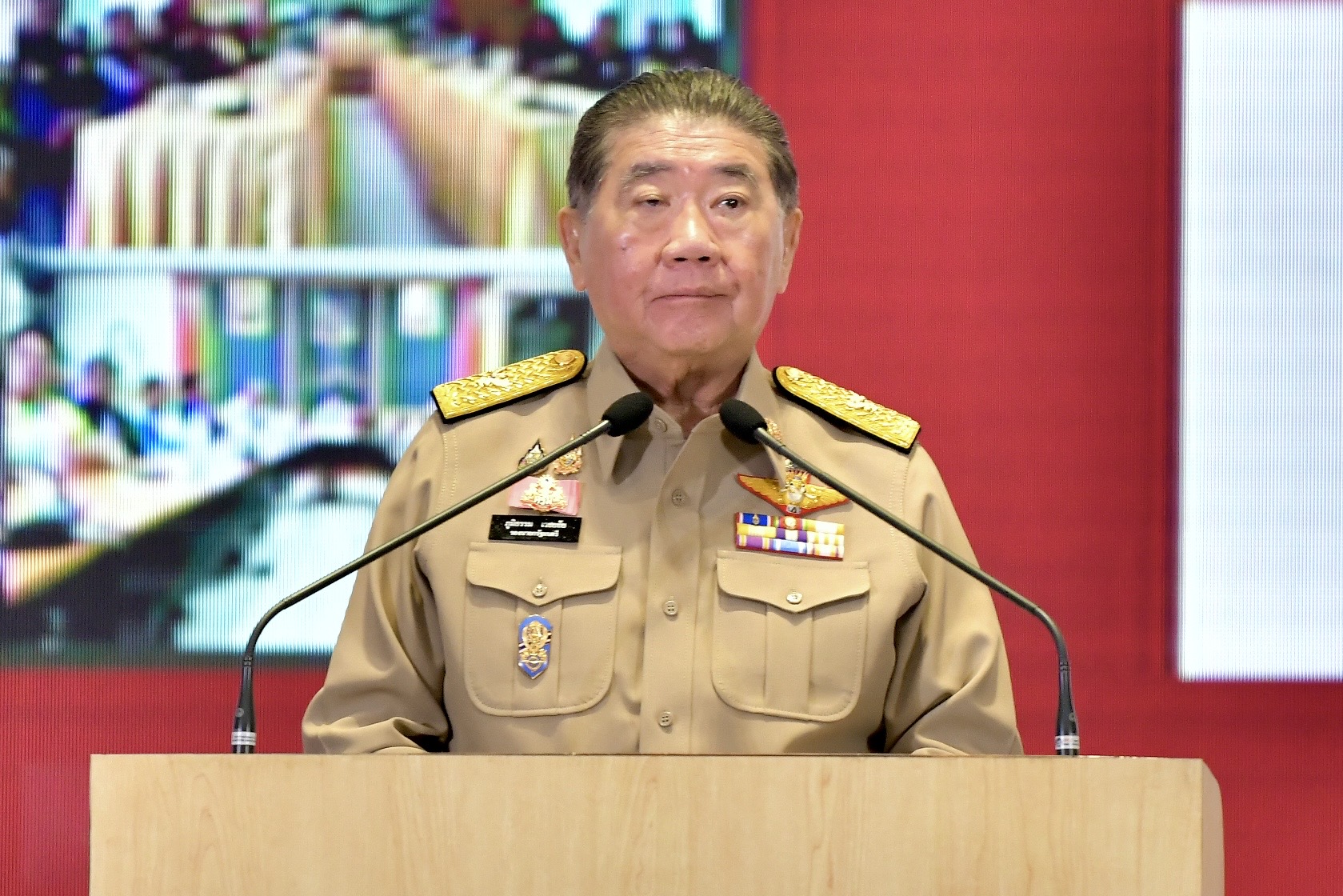
Thailand’s acting Prime Minister, Phumtham Wechayachai, described the situation as sensitive and stressed the need for caution and adherence to international law.
An attempt by Thai Prime Minister Paetongtarn Shinawatra to ease hostilities through talks with former Cambodian leader Hun Sen backfired after their conversation leaked, which sparked political controversy and led to Shinawatra’s suspension by a court.
Hun Sen shared on Facebook that Thai forces had shelled two Cambodian provinces.
Meanwhile, Thailand accused Cambodia this week of recently placing new landmines along the disputed border, injuring three Thai soldiers. Cambodia denied the charge, arguing the soldiers wandered off the agreed-upon paths and set off leftover mines from past conflicts.
Cambodia’s unresolved landmine problem dates back to its long civil war, leaving millions of mines buried, according to de-mining experts. Thailand insists the mines are a recent addition. Cambodia has dismissed the accusation as baseless.
Source: Reuters




